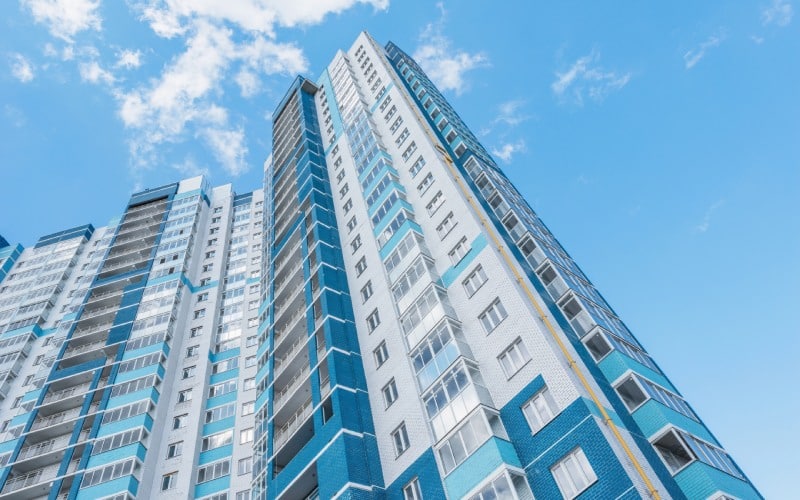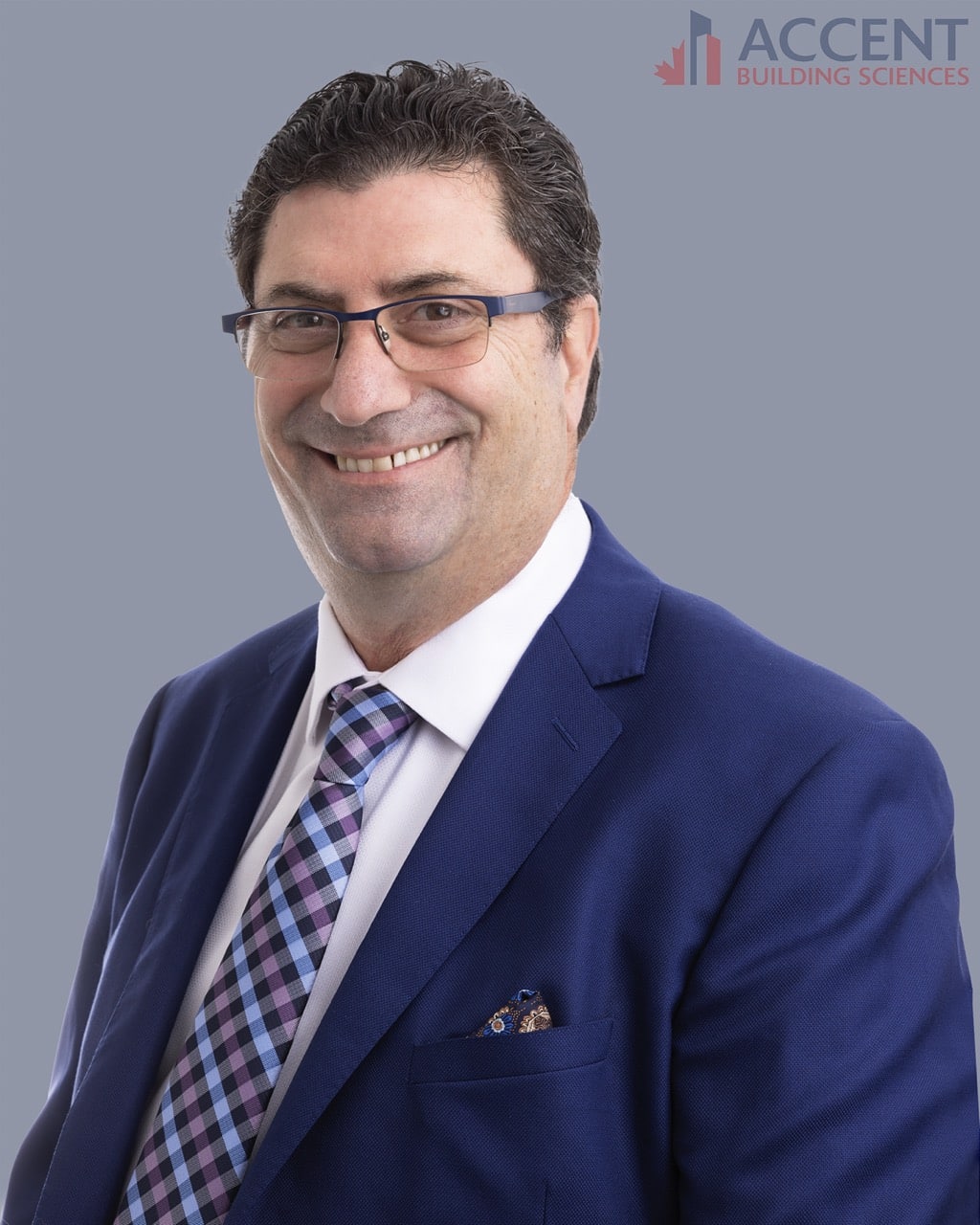500 Hood Road, Suite 320Markham ONL3R 9Z3

Managing a condominium's financial health is a key responsibility for condo boards. To ensure long-term financial stability, it is critical to establish and maintain a robust reserve fund.
A condo board reserve fund calculator can be a useful planning tool, but should be viewed as an informative exercise only. For an accurate and reliable reserve fund, a qualified reserve fund study with the expertise to assess properties, forecast repairs, and create realistic budgets needs to be used.
Before beginning calculations, it is important to be aware of the wide range of factors that impact how much of a reserve fund may be necessary.
The building's current state overall, and the state of all components individually, impacts lifespans and the amount of time a condo board has to save up for replacements or repairs. New technological advancements can affect component lifespans; in some cases, these advancements can be anticipated.
Current and projected market rates for materials and labour will also affect forecasted costs. Accounting for inflation and economic trends is vital, with construction inflation often exceeding consumer inflation; for instance, from 2017 to Q2 2023, non-residential construction inflation rose by 139.8%, and residential construction inflation increased by 171.4% (Statista). If the board already has existing savings, and whether there is potential interest or investment income from savings, will also impact calculations.
Other factors include changes in local building codes and regulations, the types of amenities present, and building complexity. Bear in mind, too, that while regular maintenance has ongoing costs, the costs of neglecting maintenance are greater, resulting in premature deterioration and replacements.

Gather historical maintenance records to identify recurring issues and assess the effectiveness of past repairs.
Consult with a trusted reserve fund study specialists to assess the current physical state of properties, and forecast costs for upcoming projects. A qualified professional will evaluate your property's physical condition, identifying current or potential issues necessitating repairs, replacements, or upgrades. A comprehensive assessment of the structure, systems, components, and amenities will be conducted, followed by a detailed report with findings and recommendations. This enables accurate estimation of costs and timelines for required maintenance and improvement projects, allowing you to allocate reserve funds accordingly.
Estimate the property's operational expenses, which include the costs of utilities, taxes, insurance, and other services.
Analyze the property's income potential, reviewing your current and projected occupancy rates, rental rates, lease terms, and tenant retention strategies, and considering any capital improvements or value-added services that may increase your property's attractiveness and profitability.
Evaluate the property's cash flow and reserve fund ratio. On average, The Board should be setting aside 15% to 40% of their total assessments towards reserves, although for some simpler situations, a more minimal reserve fund ratio of 10% to 15% may be sufficient.
Develop a funding plan that aligns with the calculated reserve fund requirements. A fixed annual contribution or a percentage of the annual budget, or other solutions may be used. Consider incorporating a contingency factor to account for unforeseen expenses. A conservative approach can help avoid underestimating future financial needs.
Review and update your reserve fund plan regularly. Reserves used up need to be replenished so that expected future costs of replacement or repair can be covered.
While a condo board reserve fund calculator can be a valuable planning tool, it is crucial to recognize its limitations. Engaging qualified professionals, such as professional engineering companies, is essential for accurate property assessments, realistic budgeting, and long-term financial planning.
These calculations are for illustrative purposes only, and it is highly recommended to consult with qualified professionals for accurate assessments and financial planning. Remember to also consider inflation.
Remaining Life: # Years
Estimated Replacement Cost: $
Remaining Life: # Years
Estimated Replacement Cost: $
Remaining Life: # Years
Estimated Replacement Cost: $
Remaining Life: # Years
Estimated Replacement Cost: $
Anticipated Annual Inflation Rate: %
Contingency Factor %
Annual Contribution = (Estimated Replacement Cost / Remaining Life) + [(Estimated Replacement Cost / Remaining Life) * (Annual Inflation Rate / 100)] + [(Estimated Replacement Cost / Remaining Life) * (Contingency Factor / 100)]
HVAC Systems:
Total Annual Contribution = Sum of Annual Contributions for All Components
Assuming the roof has a remaining lifespan of 15 years and an estimated replacement cost of $100,000, the annual contribution would be ($100,000 / 15) + [($100,000 / 15) * (2 / 100)] + [($100,000 / 15) * (5 / 100)], resulting in an approximate annual contribution of $8,666.67. This includes an adjustment for a 2% annual inflation rate and a 5% contingency factor.

For reliable and effective reserve fund planning, trust the expertise of a qualified engineering company like ABSI. Our experienced professionals ensure you receive accurate assessments of your property's physical state; we develop realistic forecasts for your long-term needs.
Not only is using a qualified reserve fund professional required under the Condominium Property Act, but it also helps you avoid underfunding issues commonly associated with DIY assessments. We leverage our knowledge of market conditions and other specialized factors to develop dependable budgets and comprehensive long-term plans. Rest easy, with a stable and dependable reserve fund.

Naji Hassan, a renowned professional in Building Science and Engineering, brings a wealth of knowledge and experience to his field. Educated at Beirut Arab University and Harvard Business School Online, Hassan has honed his expertise in structural and municipal engineering, building science, and business management. As the President of Accent Building Sciences and an experienced Senior Project Manager, he has made significant strides in building envelope engineering, building condition assessments, and energy retrofit programs. His commitment to innovation and excellence is evident in his approach to large-scale project management and his active participation in industry organizations. Hassan is not only a leader in his field but also a prolific writer and thought leader. He regularly shares his insights and experiences through articles on LinkedIn, which can be found at LinkedIn Articles. Additionally, he maintains a blog where he delves deeper into various aspects of building science, accessible at Accent Building Sciences Blog. Outside of his professional pursuits, Hassan enjoys travel, golf, languages, gardening, and music, reflecting his diverse interests and well-rounded character. Naji Hassan's journey in building science and engineering is not just a career but a testament to his lifelong dedication to learning, teaching, and inspiring others in his field.

500 Hood Road, Suite 320Markham ONL3R 9Z3